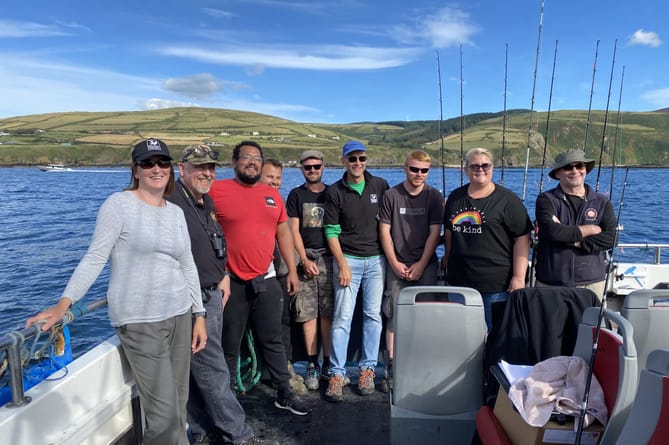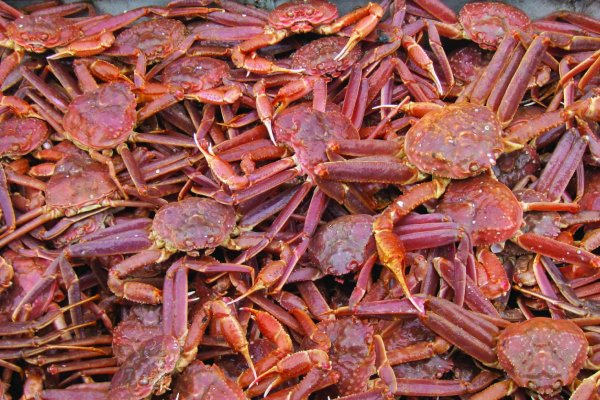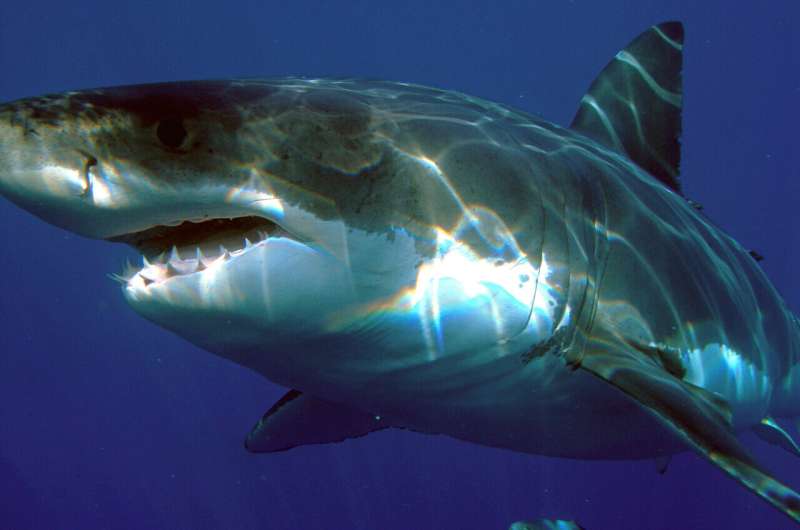NOTE: The Ocean Week in Review is a free publication. We enjoy collating and distributing this critical tool free of charge. If you are able to contribute to the cost of production, please help. Every donation is appreciated! THANK YOU!

1. UK Shark Fin Ban Moves Closer To Becoming Law
Great Britain is getting ever closer to banning sales of shark fins in the country.
Last month, a private member’s bill to ban the import and export of shark fins was voted through parliament with unanimous cross-party support.
The bill is now scheduled for three readings in the House of Lords and, if successful, it will then go to King Charles for “Royal Ascent” and become law.
Thank you for your generous gift that will help us continue the production of this weekly, free publication

2. U.S. Restores Full Protections in Alaska’s Tongass National Forest
In a reversal of Trump administration policy, the U.S. Department of Agriculture (USDA) today restored long-standing protections to 9 million acres of the Tongass National Forest in southeast Alaska, the crown jewel of the U.S. national forest system. A wide range of Alaskans have advocated for these safeguards on the Tongass, including southeast Alaska Tribes, salmon fishers, outdoor recreation and tourism business owners, and nearly a quarter of a million people from across the country who submitted public comments to the U.S. Forest Service, which is part of USDA.

3. The Fifth International Marine Protection Area Congress to Chart Path to Protecting 30% of Global Ocean by 2030
The world’s leading ocean conservation professionals and high-level officials will meet in Vancouver, Canada, from 3-9 February 2023, to chart a course towards protecting 30% of the global ocean by 2030.
With the world’s biodiversity in steep decline and thousands of species threatened with extinction, the UN Biodiversity Conference (CBD COP 15) agreed last December a set of goals and targets to address the dangerous loss of biodiversity and restore natural ecosystems. Target 3 of the Kunming-Montreal Global Biodiversity Framework (GBF) aims to effectively conserve 30% of terrestrial, inland water, coastal, and marine areas through protected areas and other effective area-based conservation measures by 2030.

4. A shark that was tagged in the Isle of Man has been recaptured off the coast of France.
Charity Manx Wildlife Trust has been undertaking its shark tagging program, since 2013 with the Department of Environment, Food, and Agriculture.
The aim of the project is to train experienced anglers to tag small sharks, rays and skates in Manx waters with a small streamer tag that displays a unique code and returns contact information.
To date, the project has tagged more than 450 small sharks and it’s hoped the MWT will continue to increase that number as the program grows and more anglers get involved.

5. Study: Whales could play crucial role in fighting climate change
A new report from the University of Hawaii at Manoa explored how whales can influence the amount of carbon in the earth and potentially contribute to the overall reduction of atmospheric carbon dioxide.

6. Crabbing industry loses fight to prevent fishing in critical Alaskan ecosystem
Fishing in designated areas off the Alaskan coast will continue despite pleas from harvesters and conservation groups to close the crucial habitat known for its red king crabs and allow for minimal disruption during the offseason. The emergency action would have potentially shut down designated zones in Bristol Bay until at least early summer, but the National Oceanic and Atmospheric Administration said the petition failed to reach criteria to determine that an emergency closure would benefit the sea life population.
Several species of crabs, including the red king, have seen stunning declines over the last decade that has prompted NOAA and other stakeholders to take the extraordinary steps of limiting season fishing in an effort to try to protect crucial populations.

7.Coast Guard seizes 480 pounds of illegal fish off Texas coast
CORPUS CHRISTI, Texas — The Coast Guard interdicted two lancha crews and seized 480 pounds of illegally caught fish in federal waters off southern Texas, Thursday.
Coast Guard Sector Corpus Christi command center watchstanders received a notification from a Coast Guard Air Station Corpus Christi aircrew of lancha crews engaged in illegal fishing approximately 6 miles north of the Maritime Boundary Line.

8. Sharks, spatial data, and a conservation success story
Shark and ray populations have faced significant global declines from overfishing, habitat loss, and environment degradation. But there is some good news for sharks and rays: Researchers from Virginia Tech’s College of Natural Resources and Environment are part of a group of scientists that used temporal and spatial comparisons to reveal that extinction risks can be significantly reduced by having effective fisheries management and policies in place to ensure the survival of these vulnerable species.




